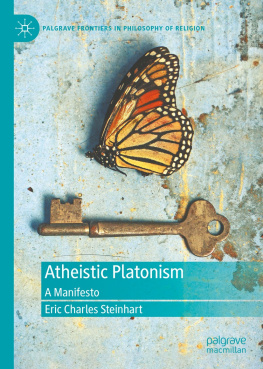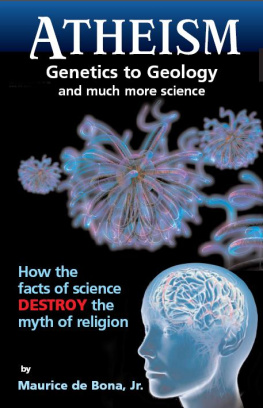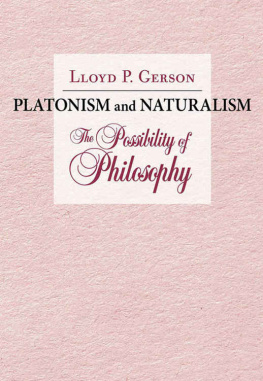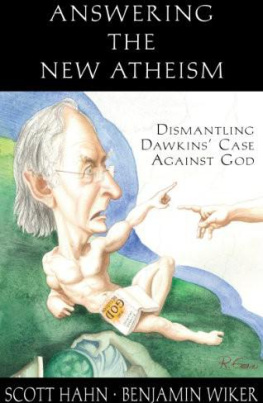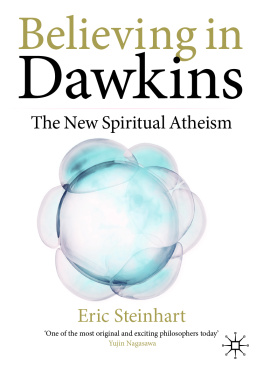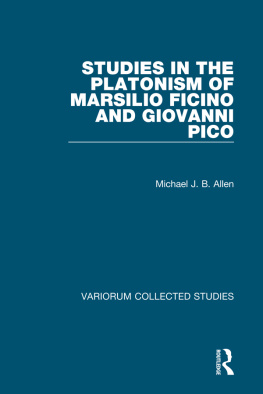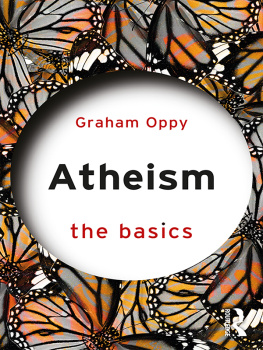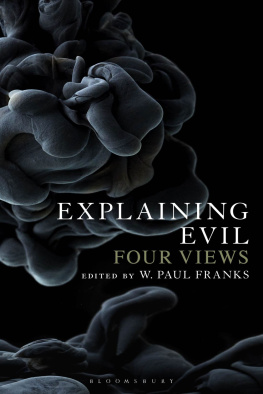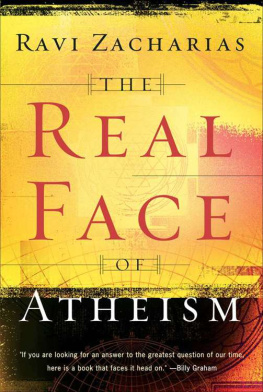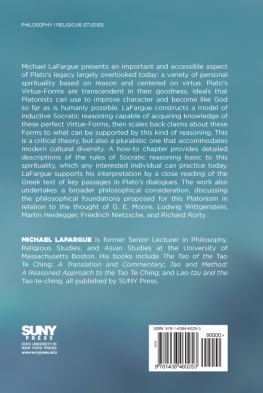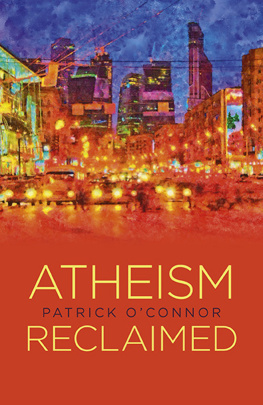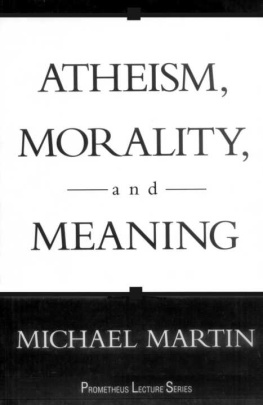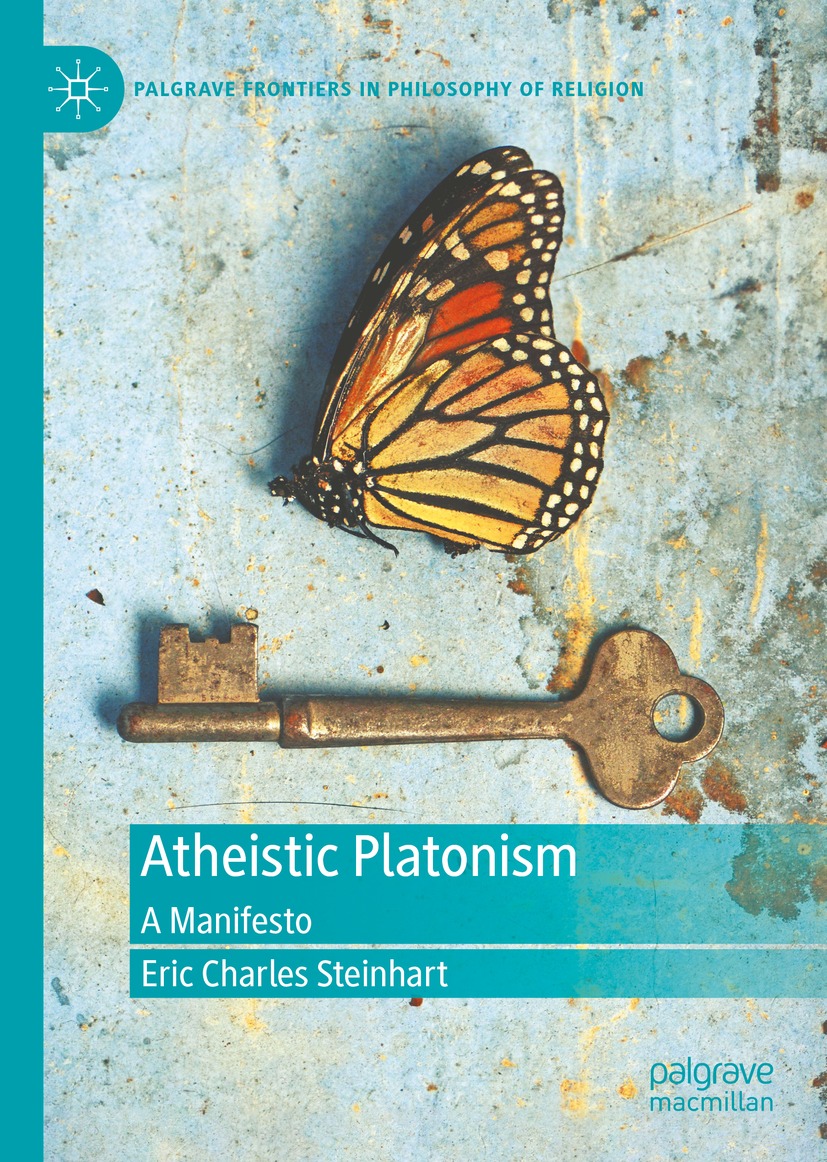Palgrave Frontiers in Philosophy of Religion
Series Editors
Yujin Nagasawa
Department of Philosophy, University of Birmingham, Birmingham, UK
Erik J. Wielenberg
Department of Philosophy, DePauw University, Greencastle, IN, USA
Palgrave Frontiers in Philosophy of Religion is a long overdue series which will provide a unique platform for the advancement of research in this area. Each book in the series aims to progress a debate in the philosophy of religion by (i) offering a novel argument to establish a strikingly original thesis, or (ii) approaching an ongoing dispute from a radically new point of view. Each title in the series contributes to this aim by utilising recent developments in empirical sciences or cutting-edge research in foundational areas of philosophy (such as metaphysics, epistemology and ethics).
Eric Charles Steinhart
Philosophy, William Paterson University, Wayne, NJ, USA
ISSN 2634-6176 e-ISSN 2634-6184
Palgrave Frontiers in Philosophy of Religion
ISBN 978-3-031-17751-4 e-ISBN 978-3-031-17752-1
https://doi.org/10.1007/978-3-031-17752-1
The Editor(s) (if applicable) and The Author(s), under exclusive license to Springer Nature Switzerland AG 2023
This work is subject to copyright. All rights are solely and exclusively licensed by the Publisher, whether the whole or part of the material is concerned, specifically the rights of translation, reprinting, reuse of illustrations, recitation, broadcasting, reproduction on microfilms or in any other physical way, and transmission or information storage and retrieval, electronic adaptation, computer software, or by similar or dissimilar methodology now known or hereafter developed.
The use of general descriptive names, registered names, trademarks, service marks, etc. in this publication does not imply, even in the absence of a specific statement, that such names are exempt from the relevant protective laws and regulations and therefore free for general use.
The publisher, the authors, and the editors are safe to assume that the advice and information in this book are believed to be true and accurate at the date of publication. Neither the publisher nor the authors or the editors give a warranty, expressed or implied, with respect to the material contained herein or for any errors or omissions that may have been made. The publisher remains neutral with regard to jurisdictional claims in published maps and institutional affiliations.
Karen Black \ Alamy Stock Photo
This Palgrave Macmillan imprint is published by the registered company Springer Nature Switzerland AG
The registered company address is: Gewerbestrasse 11, 6330 Cham, Switzerland
Abbreviations
D
Epictetus, Discourses. Cited by chapter, section, and lines. D 1.2.3-4 is chapter 1, section 2, lines 34.
E
Plotinus, Enneads. Trans. S. MacKenna & B. Page. Cited by ennead, tractate, section, and lines. E 1.2.3.4-5 is ennead 1, tractate 2, section 3, lines 45.
M
Iamblichus, On the Mysteries. Trans. E. Clarke, J. Dillon, & J. Hershbell. Cited by book and section. M 1.2 is book 1, section 2.
ONG
Cicero, On the Nature of the Gods. Cited by book and lines. ONG 1.2-3 is book 1, lines 23.
Contents
List of Figures
Footnotes
Abbreviations for the following ancient texts are used throughout this book
The Author(s), under exclusive license to Springer Nature Switzerland AG 2023
E. C. Steinhart Atheistic Platonism Palgrave Frontiers in Philosophy of Religion https://doi.org/10.1007/978-3-031-17752-1_1
1. Renewing Atheism
Eric Charles Steinhart
(1)
Philosophy, William Paterson University, Wayne, NJ, USA
Eric Charles Steinhart
Email:
A Cave Filled with Shadows
Atheism is stuck in a rut. More precisely, its stuck in a cave . Nietzsche described this cave: God is dead; but given the way people are, there may still for millennia be caves in which they show his shadow (The Gay Science, sec. 108). And Nietzsche adds that, after getting rid of God, we still have to get rid of his shadows. The shadowsof God are deeply entrenched habitual patterns of thought and practice. And, while most atheists no longer believe in God, I contend that far too many still believe in Gods shadows. Of course, Nietzsches cave is also Platos cave. Its a place where prisoners are bound with chains . So Platos chains are Nietzsches shadows: they are enchanting patterns of thought and practiceentranced by these shadows, you are bound in the cave. Keeping both Plato and Nietzsche in mind, I refer to this cave as the theistic cave.
Many people live in the theistic cave. As an atheist (and this should come as no surprise), I say that if you believe in God, then you live in the theistic cave. But what is God? By the term God I mean the greatest possible theistic deity. A theistic deity is a bodiless superhuman person.And since being a body locates you in a universe, and binds you to its laws, God is not located in any possible universe, and is not bound by any physical laws. Most people in the Abrahamic religions believe in God. These religions are mainly Judaism, Christianity , and Islam. If people in these religions believe in God, then they are living in the theistic cave. But you dont have to belong to one of these religions to live in the theistic cavemerely believing in God puts you there.
Although the theistic cave is filled with religious people, many atheists live there too. Here I take atheism to be the denial of theism. An atheist denies the existence of all theistic deities: God does not exist. And while an atheist cant believe in God, an atheist can still (unfortunately) believe in Gods shadows. If you believe in those shadows, then you still live in the theistic cave. Heres a shadow: if theres no God, then theres no objective morality. Theists believe in this shadow, but lots of atheists believe in it too. Its one thing to declare that God does not exist, but its another thing altogether to get out of the theistic cave. To escape from the cave is to escape from the shadows. Id like to help atheism to get out of the theistic cave. However, the path I propose does not bear much resemblance to contemporary mainstream atheism. Mainstream atheism has extremely narrow premises. Its narrowness prevents people from seeing that there are many paths out of the cave. You can base your atheism on materialism, but you can also base it on pure mathematics. Atheism does not require empiricism, materialism, or physicalism. You can deny all those things and still be an atheist. John Gray () correctly reminds us that there are many atheisms. The atheisms of Arthur Schopenhauer, Friedrich Nietzsche, and John McTaggart are far from those of the materialists.
I will argue that the best path out of the theistic cave is atheistic Platonism. Atheistic Platonism is a modern version of Platonism. It modifies ancient Platonism by removing its theistic aspects. In one word, it is

